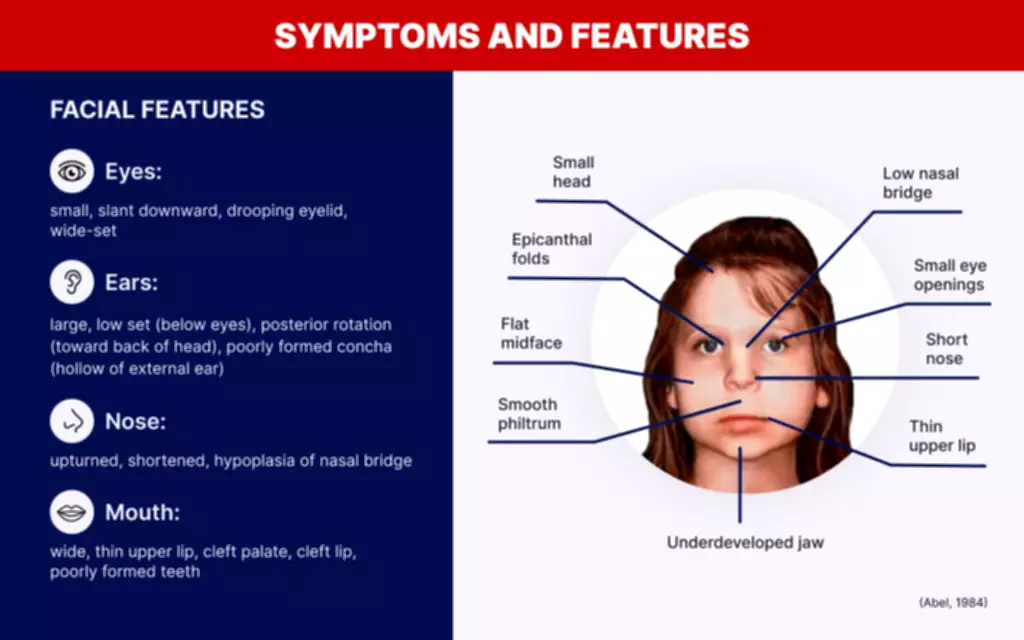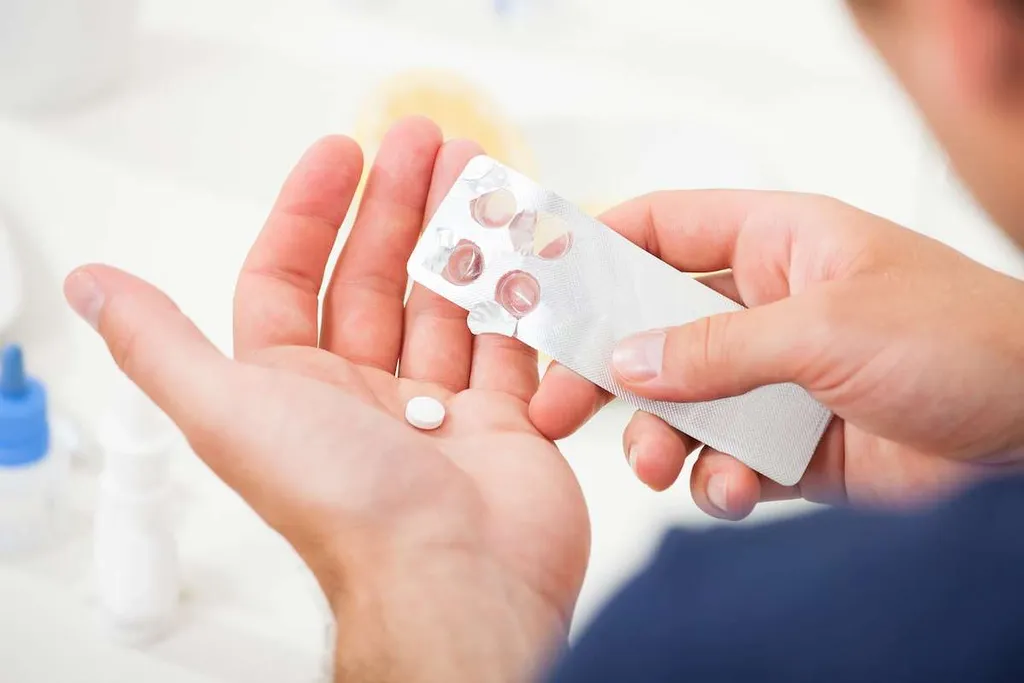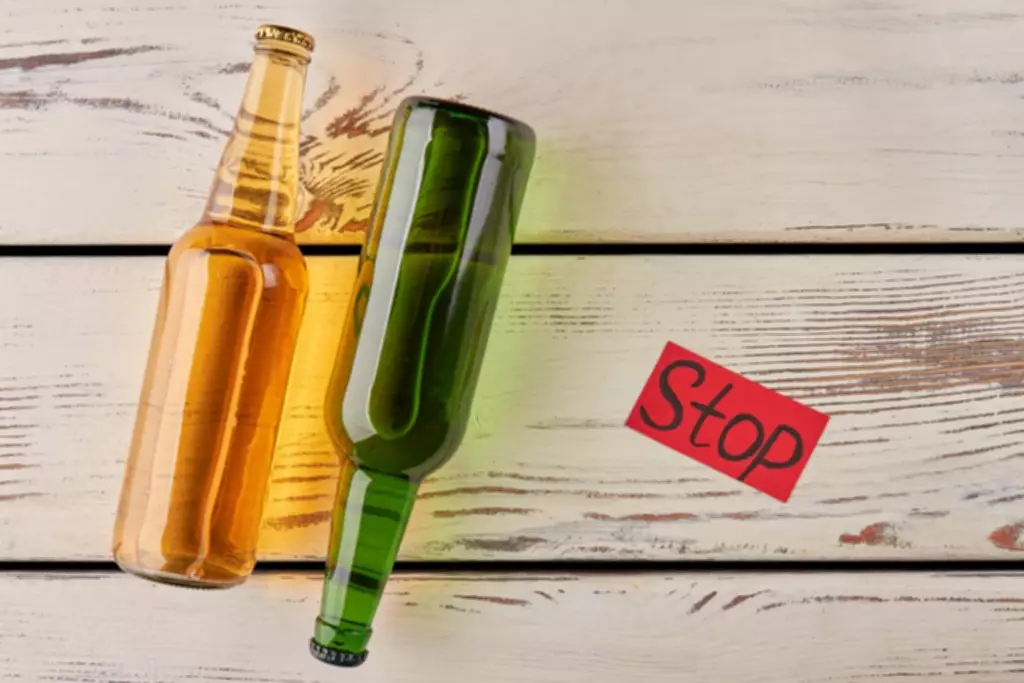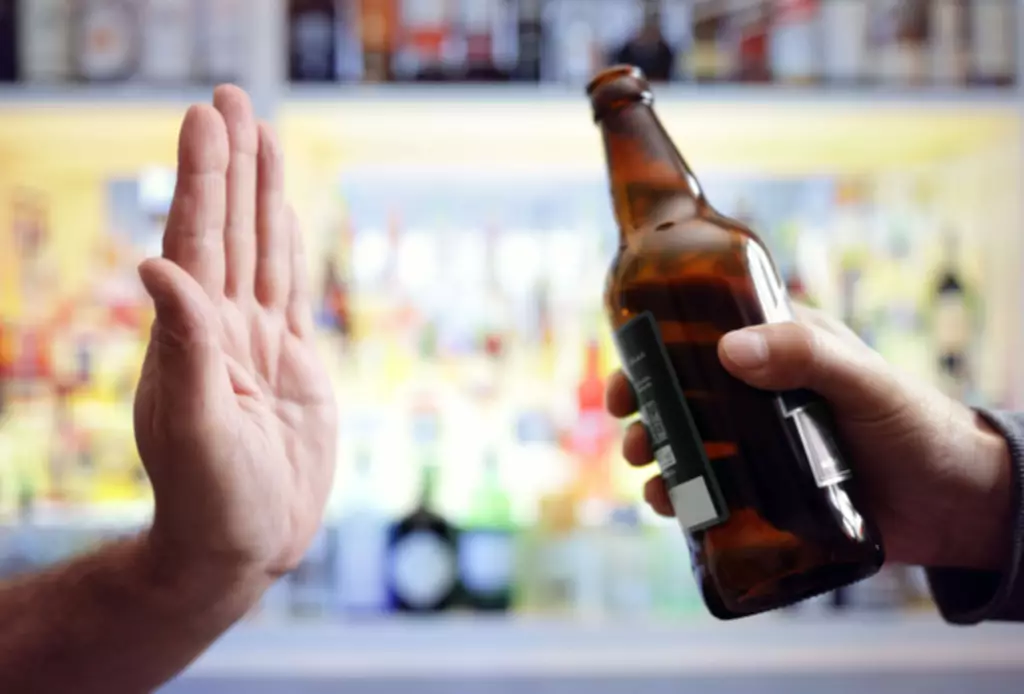
And since addictive behaviors are the primary examples of powerlessness over alcohol way you cope with distress and pain, you’ll return to those in a heartbeat. No matter how hopeless you may feel, there is always hope for a better tomorrow. Reach out for help and support from others who have been through what you are going through. These people can offer understanding and encouragement as you take steps to improve your life. Another way to overcome powerlessness is to get involved in your own treatment. Take an active role in choosing the treatment that you want to receive.
The Role of Emotional Processing in Long-Term Sobriety
Once you realize that addiction is a disease, you can start to see yourself as someone who is sick, rather than someone who is weak or morally flawed. When someone is struggling with addiction, they may feel like they have no control over their life. This sense of powerlessness can be a major factor in addiction. The reluctance is compounded by the fact that alcohol is a socially accepted substance, making it difficult for many to recognize the severity of their addiction.
Early Signs of Alcoholism in a Loved One
Discover what Vivitrol is and how it aids recovery, from effectiveness to long-term sobriety benefits. ‘ Unveil the financial impact, drug pricing models, and the future of drug costs. Explore the risks of driving under the influence of prescription drugs and stay safe on the road.
How to Develop Healthy Social Skills in Sobriety

We may lose motivation and interest in things we once enjoyed. We may start to believe that things will never get better. Soon, however, these restless feelings come up and they are truly unmanageable.
- They were bankrupt as far as any new strategies were concerned.
- The concept of powerlessness can seem quite foreign, especially to those from countries like America whose culture idolizes independence and raising one’s self by their bootstraps.
- Cravings can become very strong for a person who has an addiction to alcohol.
- Humility can be a great quality to have especially in recovery because it allows someone to be more open-minded and willing to listen or learn new things.
- This pervasive stigma is a big reason why seeking help for substance abuse, or even admitting you struggle with substance abuse, is so hard.
- The sense of being powerless can manifest in various situations, affecting personal, social, and economic dimensions of a person’s life.
- An addict who understands that they are powerless over their addiction will be more vigilant about relapse and take all the necessary steps to prevent themselves from slipping back into their old ways.
- I recall thinking how nice it was for all of these people to take time out of their day to bear witness to this woman recounting the horrors of her past and her substance abuse.
- Such dynamics can lead to significant strain in relationships, with one partner feeling powerless to change the situation.
Pay attention to the statements below that sound familiar to you. I’ll just have one or maybe two; I can drink just one more day then stop, I’ll just smoke marijuana that’s not that bad, or I’ll only drink on the weekends, etc. How many times have we had these kinds of thoughts and believed them?
- In organizational environments, power imbalances can create barriers to employee engagement and growth.
- The pandemic is one of them, as are natural disasters like hurricanes, wildfires, floods, earthquakes, etc. We become helpless in the face of overpowering forces.
- Recognizing these dynamics can help individuals identify feelings of powerlessness in their relationships and seek healthier patterns of interaction.
Admitting Powerlessness Is a Form of Strength
But, since it was the way that had worked for them, it was the way they had to offer others. For more holistic approaches to managing addiction, consider resources related to how can group therapy help treat my addiction? Or can cognitive behavioral therapy Halfway house help treat an alcohol addiction?. Trauma significantly contributes to powerlessness, leading to extreme helplessness.
- If lucky, our journey has taken us to arriving at a point of surrender.
- It is only after a great deal of suffering that an addict can finally reach the point of getting to step one.
- Slips and relapse are part of the normal trajectory of recovery.
- ‘ Unveil the financial impact, drug pricing models, and the future of drug costs.

There are people who care about us and want to help us recover. These people can provide us with the support we need to overcome our powerlessness and take back control of our lives. While these feelings can be overwhelming, it’s important to remember that they don’t https://ecosoberhouse.com/ have to define us. There are ways to cope with these emotions and even overcome them altogether. Today, we’ll explore how you can gain control over your addiction by learning how to identify your triggers and create a plan for recovery. Acknowledging powerlessness is a significant step in the journey toward recovery from addiction.
How to Build Resilience During the Recovery Process
When a person admits that alcohol is affecting his or her life, they can start recovery. The first step is about powerlessness over behavior that makes the individual’s life unmanageable. Acceptance of powerlessness can be liberating for many individuals. By admitting their lack of control over substances, they can redirect their time and energy toward aspects of their lives that they can influence. This acceptance highlights the significant impact that drugs and alcohol have on their lives and sets the stage for seeking help 1. The first step of AA says, “We admitted we were powerless over alcohol and that our lives had become unmanageable.” Admitting powerlessness over alcohol is the foundation of your recovery.
We have good reasons for saying this, as we explain below. In the journey through the 12 steps of Alcoholics Anonymous (AA) and Narcotics Anonymous (NA), Step One emerges as the cornerstone upon which the entire structure of recovery is built. Its significance extends far beyond its role as the initial acknowledgment of powerlessness over addiction and the unmanageability it brings to one’s life. Step One is a powerful catalyst for profound change, fostering personal growth, resilience, and a renewed sense of purpose. Whatever the reason, admitting powerlessness is to say that practicing self-control does not undo the effects of drugs or alcohol on the brain.

Acceptance comes when we feel a profound sense of hope and peace in coming to terms with our addiction and recovery. We don’t dread a future of meeting attendance, sponsor contact and step work; instead we begin to see recovery is a precious gift. You’re not alone—almost everyone has a hard time with Step 1 when they first get sober. In fact, much of the Twelve Steps require an explanation.
